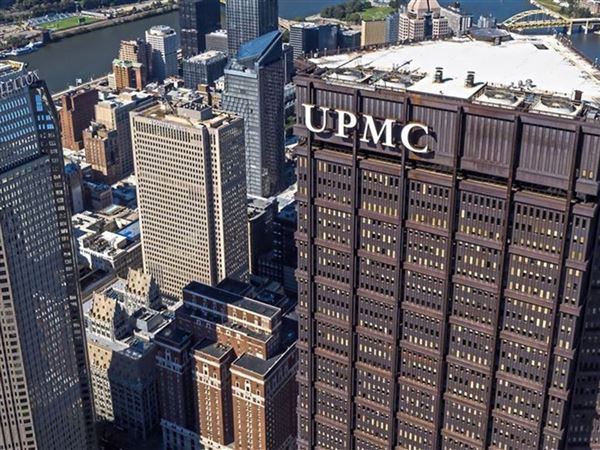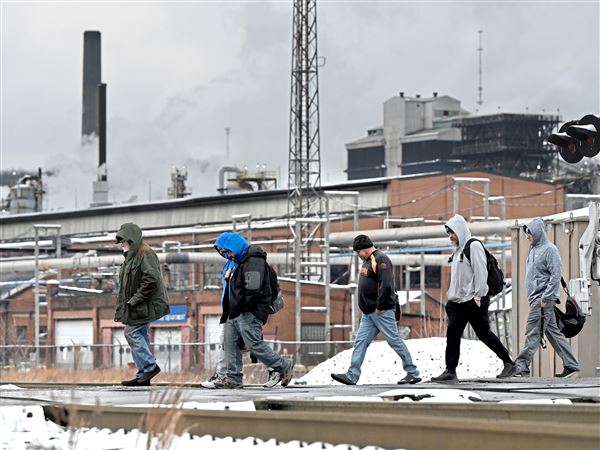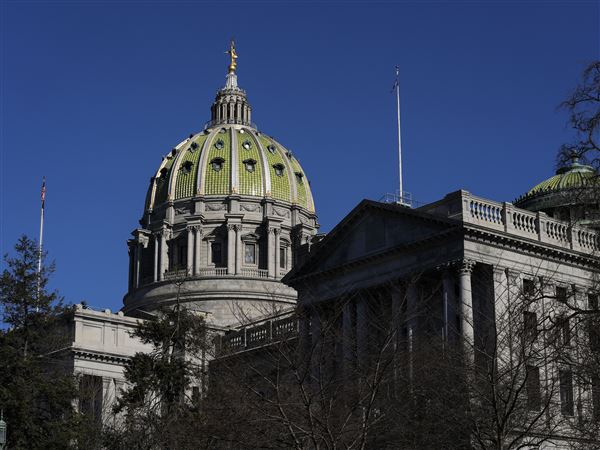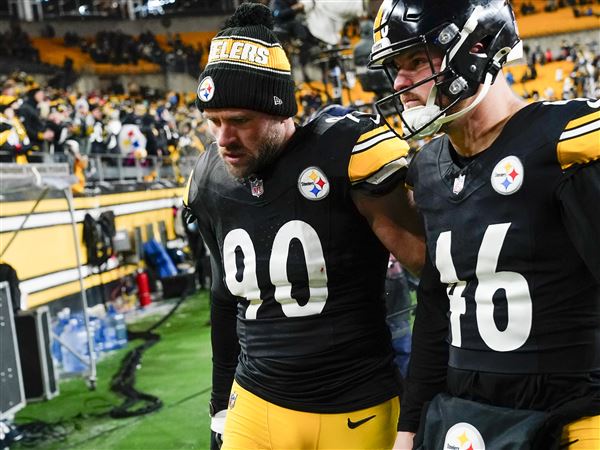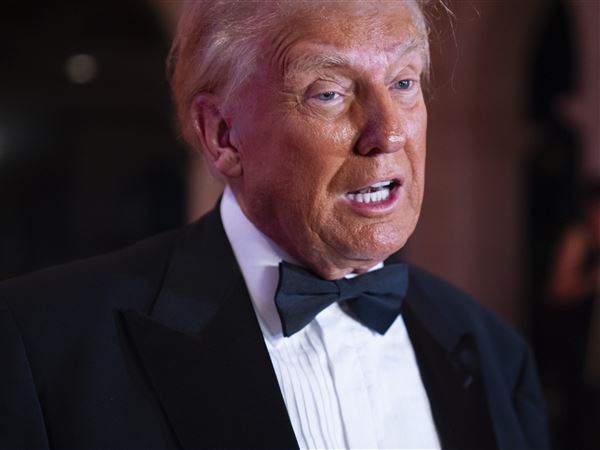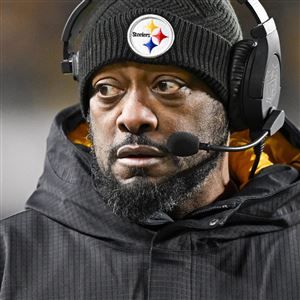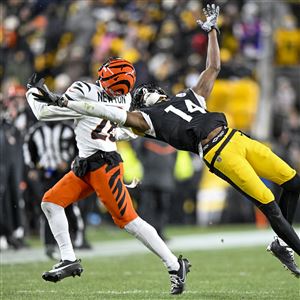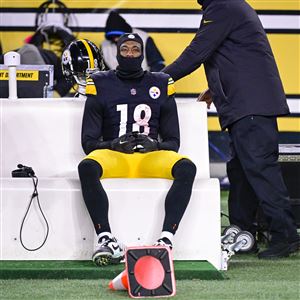When I wrote last week about the conflict between Obamacare and the Roman Catholic church, I did so because the conflict was just unfolding in federal court and because religious liberty is important to me and central to "the American experiment."
It was not because I foresaw the fascinating convergence of readers' impassioned responses with the week's events. (I wish I had that kind of prescience!)
So it was surprising to work my way through an email inbox that contained vitriolic anti-Catholicism during the week we remembered John F. Kennedy's assassination. And it was sobering to learn, as we celebrated the matchless Gettysburg Address, that for some of our fellow citizens, your religious liberty depends on whether they like how you choose your doctrine.
As a confirmed Baptist who attends a nondenominational church with Anglican roots, I'm both happy and sad to be pilloried as "the new mouthpiece for the Minister of Propaganda, Fascist Zubik."
Happy, because it means I did a good job in protecting the rights of those -- Roman Catholics, such as Bishop David Zubik -- with whom I significantly disagree, and sad, because my correspondents' words reveal minds incapable of reasoned discourse, either through biological defect or overwhelming personal pain. (Who can know?) Either source is worthy of compassion, but still potentially destructive.
However much today's left wing may hate this fact, President Kennedy was assassinated by a calm, left-wing zealot, Lee Harvey Oswald. (Perhaps he did not act alone; again, who can know? No conspiracy theory letters, please.)
But another reality is that some right-wing, anti-Kennedy partisans joined the hard left in spewing absurd anti-papist sentiments during the Kennedy years. Today's left-wingers have worked hard to resurrect that supposedly poisonous atmosphere in Dallas as a scapegoat -- despite the overwhelming evidence -- for Kennedy's death. Nope, sorry -- Oswald wasn't a John Bircher. He was an avowed, disgruntled socialist.
And yet another truth is that anti-Catholicism was thoroughly rousted from conservative ranks by the powerful leadership of uber-Catholic William F. Buckley Jr., so that today it primarily resides, with a general animus toward all religion, on the left. (If you don't believe me, check recent, in-depth Gallup Polls and Pew Reports.)
Or, as in some letters I receive, it springs from justified anger over church officials' transgressions.
At the other end of the emotional spectrum are the preening progressives. They're the ones who presume to decide which citizens deserve the constitutional right to the free exercise of religion and which do not.
Their arrogance can be disguised in pretty sophisticated language. Here's the best I've seen: "Patriarchy and paternalism, even if sanctioned by centuries, should not simply be accorded 'respect' because they are wrapped round by the trappings of a religion."
In more direct terms, the writer (a fellow Baptist!) asserts that since the Roman Catholic Church arrives at its doctrines in a "hierarchical" fashion, rather than democratically, "that ought to count for something in public policy consideration." To be even more direct -- if he doesn't like how you determine your doctrines, then you're not entitled to practice them.
If, as several correspondents asserted, Roman Catholic doctrine is controlled by some nefarious hierarchy of men, Evangelical Christian teachings are also overwhelmingly pro-life though are arrived at through more democratic means.
But it doesn't matter: Our government doesn't get to choose one system of religious governance over another. Doctrine and church discipline are simply, deeply, not the government's business.
As Thomas Jefferson wrote, whether his neighbor believes "there are twenty gods or no God," it does no injury if "it neither picks my pocket nor breaks my leg."
Those, however, who would force various religious conservatives to participate in certain life-ending procedures do either "pick (the) pockets" or rape the consciences of those with whom they disagree.
And who are these lofty deciders? Since Obamacare was passed without any bipartisan support and minus the votes of more than a few Democrats, and since an ever-growing majority of American citizens repudiate it, those who would presume to enforce its mandates are a temporarily powerful elite legislating against our will.
But shouldn't "we the people" decide what's best for us?
As a recent Heritage Foundation essay put it, "Simply claiming to be for the people does not make a government democratic. As Lincoln taught us in his Gettysburg Address, it must also be of and by these people."
Do we the people -- or a majority of us -- still believe in our form of government and its constitutional protections?
My mail isn't very reassuring, but it's by definition lopsided. We the people will speak again in 2014.
Ruth Ann Dailey: ruthanndailey@hotmail.com
First Published: November 25, 2013, 4:31 a.m.
